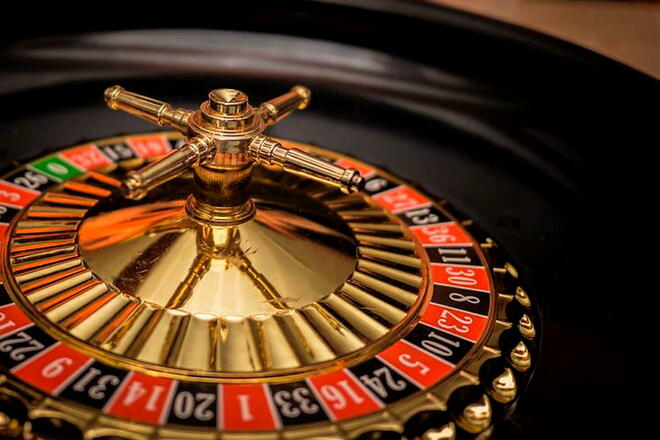
Casino activities have captivated gamblers for ages, pulling them into a universe of thrill, chance, and wealth. From the blinking lights of video slots to the tactical intensity of poker games, these experiences offer a unique blend of entertainment and risk. However, beneath the surface of this glamour and finesse lies a complex interplay of math that shapes every result and action made within the casino.
Comprehending this link between gaming activities and math not just enhances the player’s journey but also can help gamblers make wise selections. Whether you are a casual gambler or a dedicated enthusiast, recognizing the mathematical principles at play can provide valuable knowledge into likelihood, probabilities, and approaches, ultimately shaping how one deals with these chance games.
Arithmetic Probability in Gambling
In the world of casino activities, mathematical probability plays a vital role in determining results and informing player decisions. Every activity has a unique set of rules and a particular likelihood model that influences its dynamics. For example, in games like the roulette wheel, players must comprehend the chances of landing a certain digit or color. The probability of specific events happening can be computed, and this understanding can greatly affect wagering strategies.
Gambers also need to be informed of the casino advantage, which is the statistical advantage that casinos hold over players in the long run. This advantage differs across different activities. In 21, skilled players can use strategies to minimize the house edge to as little as 1 percent, while in games like slots, the casino edge can be substantially larger. Understanding the house advantage allows gamblers to make wise decisions about which activities to participate in and the amount to wager.
Additionally, probability is essential in the principle of risk versus reward in gambling. Each wager carries a specific danger factor, and gamblers must assess the possible payout against that risk. Games like poker require players to not only assess the chances of their own showing winning but also to assess the likelihoods of their opponents’ showings. By utilizing mathematical concepts to their gameplay, players can improve their chances of success and participate more effectively in the exciting realm of casino activities.
Anticipated Value in Casino Games
When talking about casino activities, one of the fundamental concepts rooted in mathematics is the anticipated worth. This numerical metric assists gamblers understand the possible outcomes of their bets over time. In simple terms, anticipated value (EV) calculates the mean amount a gambler can expect to win or lose per wager if they were to play the activity many times. Each activity has its own EV, affected by the odds and the house edge, which indicates the benefit that the casino holds.
For example, consider a game like the roulette game. The anticipated worth can be calculated based on the specific wager made. If a player bets on a individual number, the payout is 35 to 1, but the actual odds of winning that wager are 1 in 37 (in European roulette). This leads in a negative expected value, indicating that, on the whole, gamblers will incur a loss money over time when playing this kind of bet. Understanding this idea allows players to make better informed decisions about which games and bets may be more favorable.
Additionally, the exploration of expected value can lead to improved money management. Gamblers who understand the mathematics behind their activities are often able to set practical expectations. bakar69 slot By acknowledging their potential deficits and profits, they can modify their gambling strategies accordingly, which may enhance their total gambling experience overall. As a consequence, expected value serves as a critical resource for both beginner and experienced gamblers to steer through the frequently volatile character of gambling activities.
Tactics and Chances: The Math Behind Winning
In casino games, understanding the probabilities is crucial for participants looking to maximize their chances of winning. Each contest has its own distinct set of odds that dictate successful results, and these statistics are often found in the game’s rules or payout schedules. For instance, in activities like blackjack, participants can improve their probabilities through methods such as card counting, which is based on math principles to gain an advantage over the casino. By educating themselves with the probabilities, gamblers can make more knowledgeable choices on when to place bets and when to quit.
Moreover, the idea of expected outcome plays a major role in gaming tactics. Expected value determines the average outcome of a wager over time, allowing players to assess whether a specific bet is valuable taking. For instance, fruit machines have a set payout percentage, which can suggest the typical return a participant can anticipate on their wagers. By choosing games with higher average outcomes, gamblers can lessen the house advantage, boosting their possible rewards in the future.
Lastly, successful gamblers often utilize a combination of luck and calculative tactics to improve their gaming experience. While chance is unpredictable, managing a wagering approach based on mathematical insights can lead to more favorable outcomes. By making use of techniques such as bankroll management and game selection, gamblers can apply math to handle the volatile nature of gambling activities, making the most of their efforts and resources at the gaming tables.